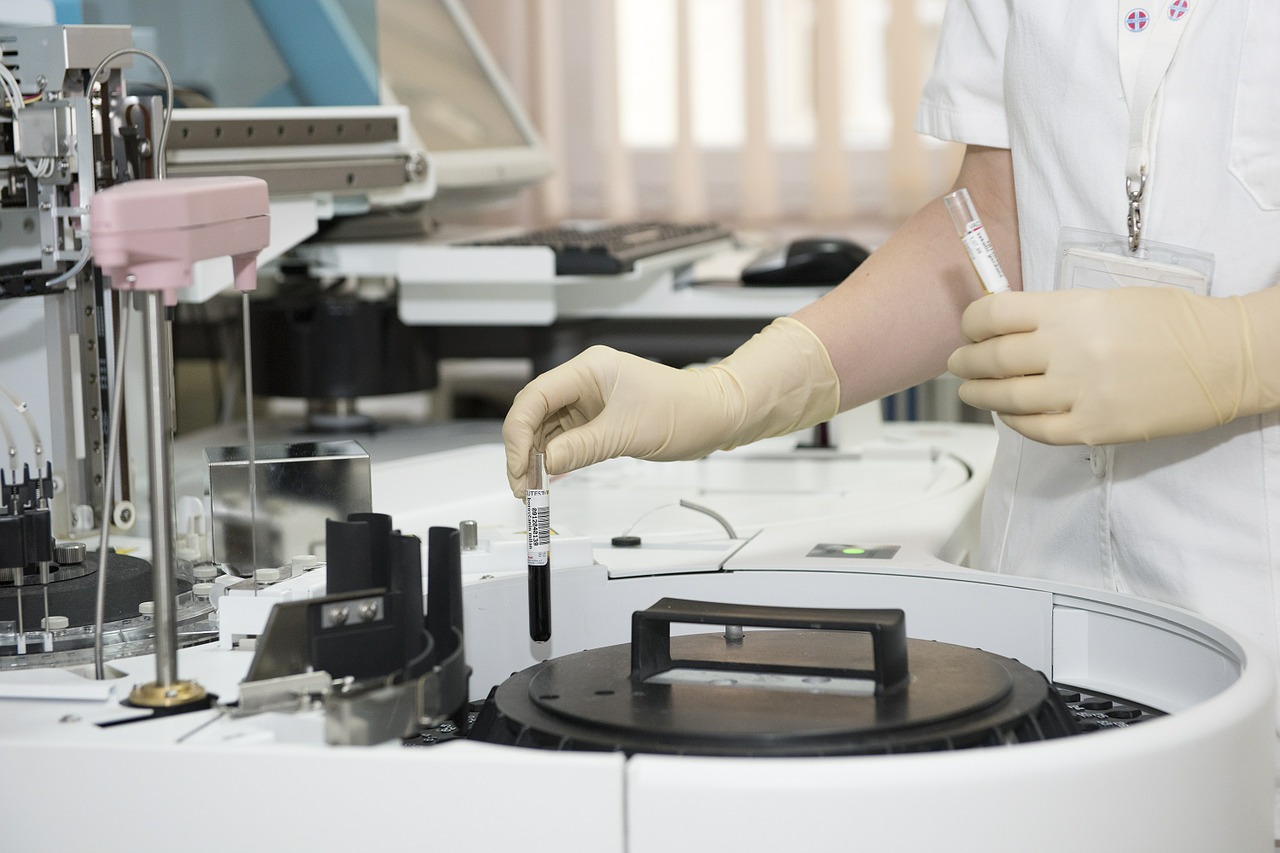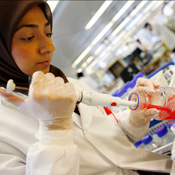
Would Virtual Clinical Trials Work?
Further into the future, clinical trials to test the efficacy of new drugs would not require the test subject physically traveling to a clinical research facility or hospital.
Mobile devices – smart phones, watches or glasses with inbuilt wearable sensors – would be enough to connect one to the clinical research study and report general information and adverse events.
These sensors would record data such as body temperature and blood glucose levels, which would be sent to the Electronic Data Capture (EDC) record.
The clinician would then visit the subject at home for drug administration and follow-up.
One could even postpone or pre-pone the visit using automated reminders in their devices but within a time frame permitted by the study protocol.
The future of pharmaceutic...




